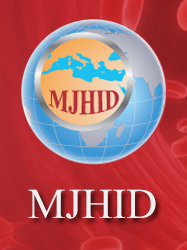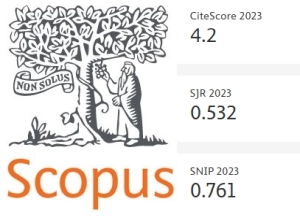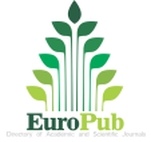Original Articles
Vol. 15 No. 1 (2023): Review Articles, Original Article, Scientific Letter, Case Reports Letter to the Editor
A MULTICENTER ICET-A STUDY ON AGE AT MENARCHE AND MENSTRUAL CYCLES IN PATIENTS WITH TRANSFUSION-DEPENDENT THALASSEMIA (TDT) WHO STARTED EARLY CHELATION THERAPY WITH DIFFERENT CHELATING AGENTS.
Age at menarche and menstrual cycles in patients with transfusion-dependent thalassemia.
Publisher's note
All claims expressed in this article are solely those of the authors and do not necessarily represent those of their affiliated organizations, or those of the publisher, the editors and the reviewers. Any product that may be evaluated in this article or claim that may be made by its manufacturer is not guaranteed or endorsed by the publisher.
All claims expressed in this article are solely those of the authors and do not necessarily represent those of their affiliated organizations, or those of the publisher, the editors and the reviewers. Any product that may be evaluated in this article or claim that may be made by its manufacturer is not guaranteed or endorsed by the publisher.
Received: May 30, 2023
Accepted: September 18, 2023
Accepted: September 18, 2023
593
Views
392
Downloads
80
HTML















